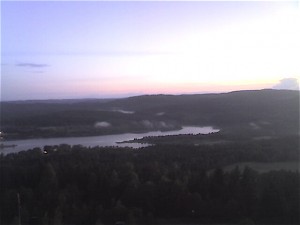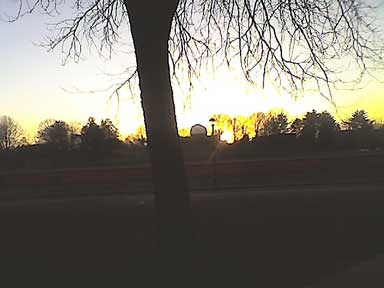Today classes get underway, and for me that’s always an exciting time. I re-tooled the Past on Film quite a bit this semester, and I am eager to see how the course develops in its new incarnation. I know many of my faculty colleagues have been developing new versions of old favorites, or developing new courses that address issues that have recently come to the fore. We are building a syllabus library, and you can check out some examples of what’s being taught at Wes here.
Yesterday I had the pleasure of greeting Wesleyan’s graduate students as they finished a day long symposium exploring career options in the sciences and music. Graduate students are not always very visible at our small university, but they play a vital role in our educational ecology. MA and Ph.D. students in ethnomusicology, chemistry, liberal studies, biology or experimental composition (to name just some of their fields) are all developing as scholars and teachers even while still being students. James Ricci, the head of the Graduate Students Association, heads up a vibrant, diverse and dedicated community. Bill Herbst, astronomer and Director of Graduate Studies, and Cheryl-Ann Hagner, who is in charge of graduate student services, are providing greater visibility and support to this important area at Wesleyan.
As classes get underway, there is a most interesting exhibition set to open in the Zilkha Gallery. The show is entitled “Passing Time,” and it features some extraordinarily gifted contemporary artists. Here’s a description of the show from the Center for the Arts: “The multiple and converging meanings of the phrase “passing time”–spending time, time to die–are explored in the evocative imagery of recent art by fourteen international artists working in video, photography, sculpture and works on paper. Some artists turn to sport, some to music; some refer to nature and its rhythms to explore concepts of time–short term, long term and terminating. Others partner with time itself in their making of art. Time is a concept that philosophers and physicists ponder. Time provides a framework that orders, measures and defines. We spend time, we waste it, we keep it; time flies, it drags. It is elastic in its perception–long when we are young, gaining momentum as we age. This exhibition explores the relationship between the time of our life and the time of the eons. The exhibit features works by Rineke Dijkstra (The Netherlands), Shaun Gladwell (Australia), Felix Gonzalez-Torres, Stefana McClure and Bill Viola (United States), among others. The exhibition is curated by Ginger Gregg Duggan and Judith Hoos Fox of c2—curatorsquared. Faculty members from six disciplines have written reactions to the show: Lutz Huwel (Physics), Bill Herbst (Astronomy), John Seamon (Psychology), Sara Croucher (Anthro), Uli Plass (German) and Janne Hoeltermann (Studio Art). Check out the website, or better yet, see the work at Zilkha.
The doors of Zilkha open on Friday, and the official opening celebration is Tuesday, January 31, from 5-7 pm.
Best wishes to all as the new semester begins!






